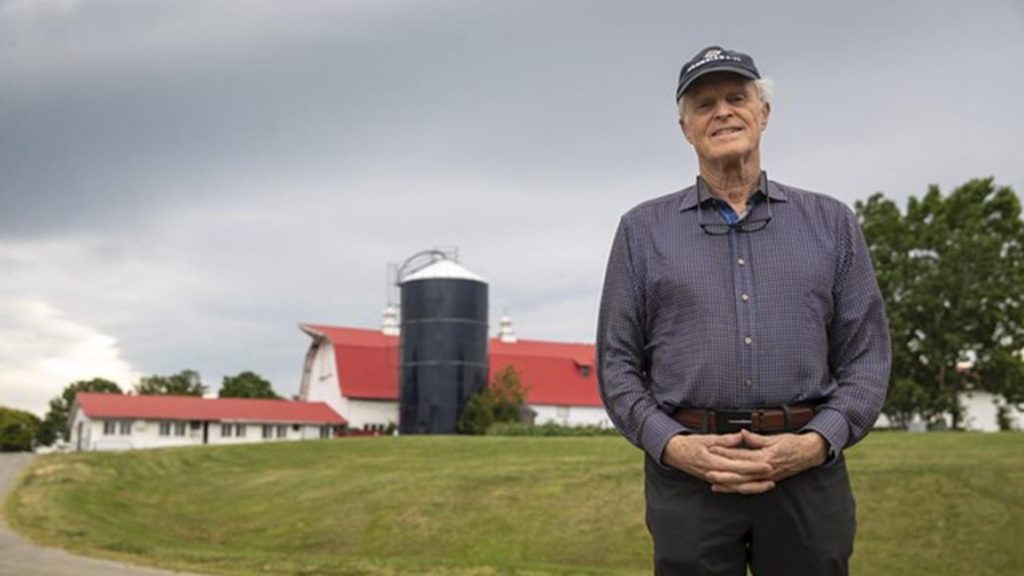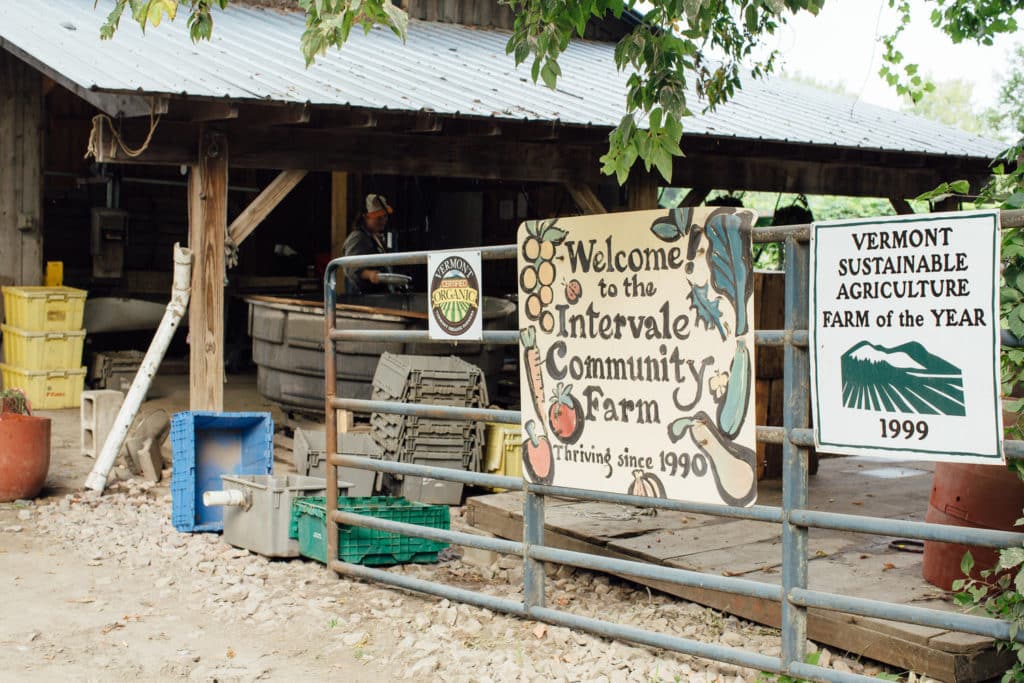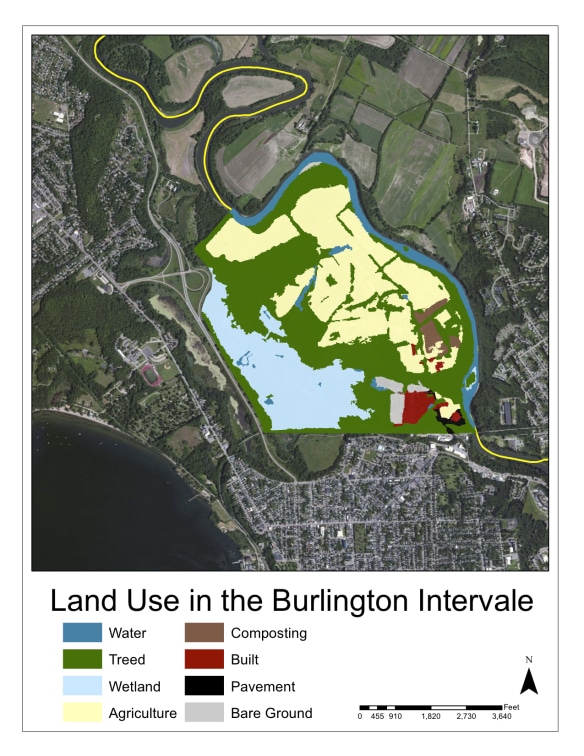

Will Rapp, circa 1983.
A pioneer of Vermont’s vibrant ecosystem of socially and ecologically responsible businesses and a long-standing environmental steward, Will Rapp passed away earlier this week at the age of 73 after a long-term illness. Through his enterprising leadership, Will became an inspiring leader in the localized food movement and a mentor to many new economy practitioners including those of us at the Schumacher Center. As a one-time co-Chair of our Board of Directors, he had a trained ability to say “no” to an ill-conceived plan, while at the same time pointing in a direction that would bear fruit. An active, forward-looking thinker. Disciplined. Unique. A pleasure to watch and work with him.
Introducing Will at his memorable 2006 E.F. Schumacher Lecture, Nancy Jack Todd had this to say:
“Will Raap is an extraordinarily accomplished and effective individual, and I don’t think Vermont would be the advanced state it is without his presence…His story begins in Burlington, Vermont, where he founded the Gardener’s Supply family of companies… This year Gardener’s Supply will have sales of over $60 million [and] employs more than 250 people… Will also founded the Intervale Foundation, later renamed the Intervale Center… to develop enterprises that generate economic and social opportunity while protecting natural resources. The Intervale, which had long been a landfill for old cars, tires, used appliances… is now a wonderful pastoral area of small farms…
Will saw the Intervale as a lost farming resource for the Burlington area and sought to return it to its agricultural heritage, which he has done. He began by restoring soil; to do so he established Intervale Compost Products and worked with the city to turn yard and food waste, spent grain from local breweries, and milk curds… into compost. The Intervale Center annually supplies more than $500,000 worth of food… and distributes 20,000 pounds to low-income families.“

Will Rapp at Nordic Farms, outside of Burlington, VT.
His lecture, “E.F. Schumacher: He Taught Us to Build Bridges and Plant Trees,” recounts Rapp’s journey into socially and ecologically responsible business, citing his early inspiration from Small is Beautiful.
“Let me begin by confessing that it’s Fritz Schumacher’s fault that I am here. Much of what I have done in my professional life and… what I will talk about today are direct results of my discovery of his ideas in 1974 and meeting with him three times over the next three years. He was a gift from above for me as I struggled in graduate school to understand what I was being told about how the world worked and should work, but… It seemed to me to be a world that simply was on the wrong path.”
“We who have been part of the nano-second in time that comprises the industrial age, this infinitesimal piece of human and natural history, have viewed our role on Earth with the hubris of domination. Schumacher offered another view: we are a small part of a living system, and our fouling of the planet’s nest will have dangerous consequences.Schumacher was a practical futurist and quiet revolutionary. His vision of a human-scale world, his common-sense understanding of the need for people to remain close to the land in their work and their values, his articulation of the importance of “natural capital” and the consequences of our squandering it… were prophetic. I believe we must integrate his idea of an alternative economic system into our conventional economic thinking.”
Will’s lecture identifies five principles derived from Schumacher’s thinking, detailing how he’s relied on them to guide his work— which he conceived of as ‘bridges’ from the prevailing industrial world-system capable, over time of ushering in a new era of social and ecological balance:

Intervale Community Farm, a CSA farm.
The transformation of the Intervale waste site into an innovation hub for a relocalized food system demonstrates ecological thinking at city-scale. The result, as Rapp described it, is “an interactive organic network of local businesses that are synergistic and cross-fertilizing.” He underscored the critical potential of these changes for our current ecological crises:

